Researchers at the University of Oxford, the Francis Crick Institute and University College London (UK) have developed the lung cancer vaccine LungVax.
LungVax vaccine prevents lung cancer in people at high risk. LungVax uses the same technology as the AstraZeneca Covid-19 vaccine, according to Cancer Research UK's news site. Cancer Research UK.

Researchers are working to create the world's first lung cancer vaccine
Just as traditional vaccines use part of a virus to train the body to fight disease, lung cancer vaccines use harmless proteins from the surface of cancer cells called neoantigens. These are new proteins that form on cancer cells when mutations occur in the tumor’s DNA.
When introduced into the body, neoantigens will act as an "alarm signal", helping the immune system recognize and destroy abnormal lung cells, preventing lung cancer.
Professor Tim Elliott, head of the LungVax project, said: Cancer is a disease where the immune system has difficulty distinguishing between normal cells and cancer cells. Therefore, the biggest challenge in cancer research is to make the immune system recognise and attack cancer. If successful, this new vaccine could save millions of lives each year.
The first phase will test in the lab to see if the vaccine successfully triggers an immune response. And if successful, the vaccine will move into clinical trials.
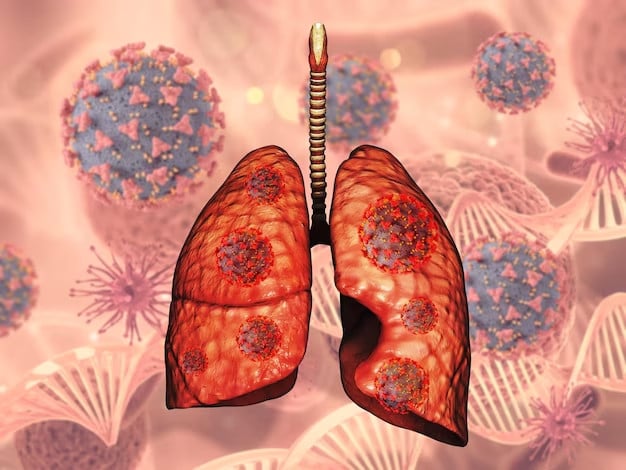
Lung cancer is a common cancer worldwide with 2.5 million new cases each year.
Over two years, the team will conduct laboratory trials and produce the first 3,000 doses of the vaccine at Oxford University's clinical biomanufacturing facility.
This will be followed by larger trials in people at high risk of lung cancer, including 55- to 74-year-olds who smoke or have smoked, according to Cancer Research UK .
Professor Mariam Jamal-Hanjani from University College London, who is leading the LungVax clinical trial, said: LungVax could offer a viable route to preventing cancer at its earliest stages.
Researchers say the vaccine could be up to 90% effective against all forms of lung cancer. However, Professor Mariam Jamal-Hanjani also notes that the best way to reduce the risk of lung cancer is still to stop smoking.
Source link


![[Photo] Closing of the 11th Conference of the 13th Central Committee of the Communist Party of Vietnam](https://vstatic.vietnam.vn/vietnam/resource/IMAGE/2025/4/12/114b57fe6e9b4814a5ddfacf6dfe5b7f)



![[Photo] Overcoming all difficulties, speeding up construction progress of Hoa Binh Hydropower Plant Expansion Project](https://vstatic.vietnam.vn/vietnam/resource/IMAGE/2025/4/12/bff04b551e98484c84d74c8faa3526e0)






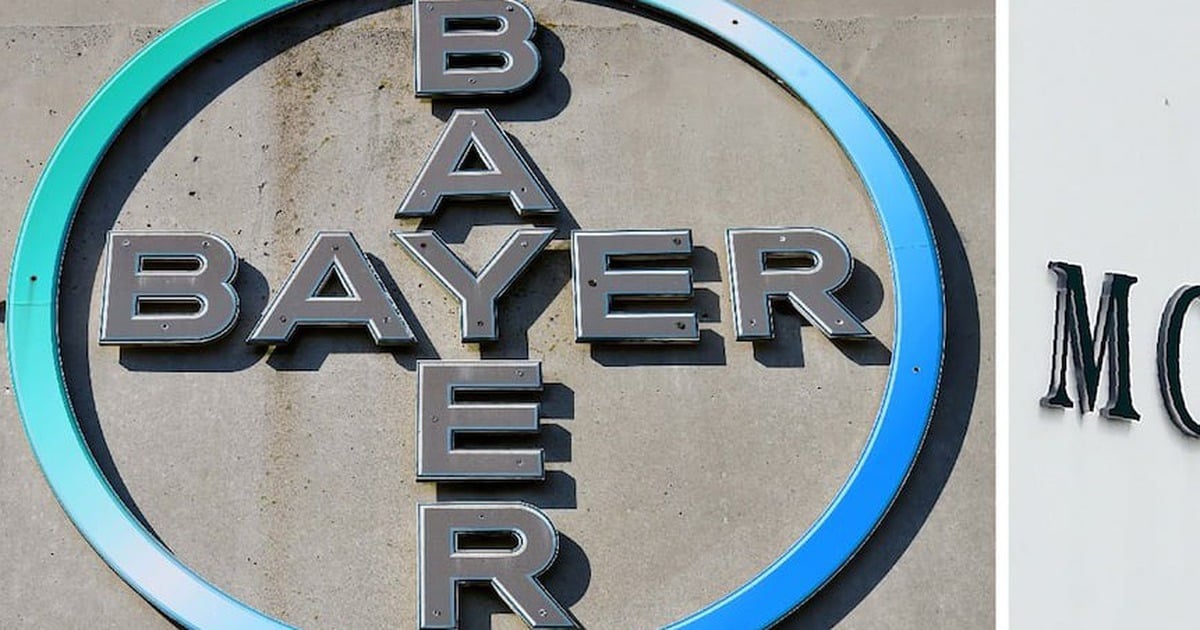


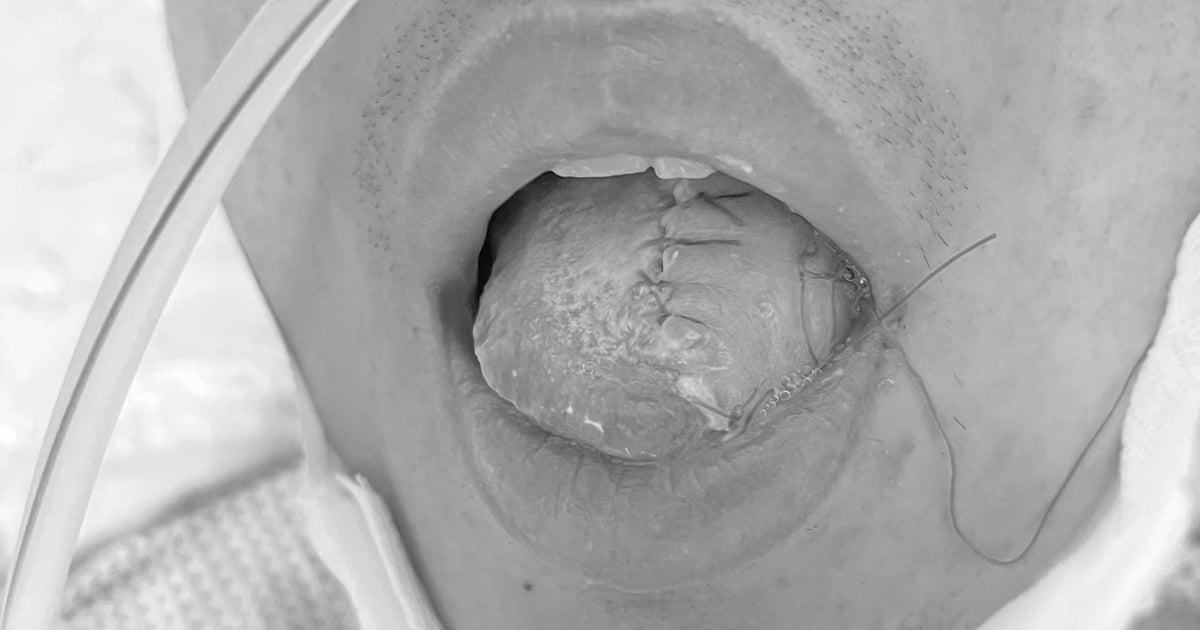


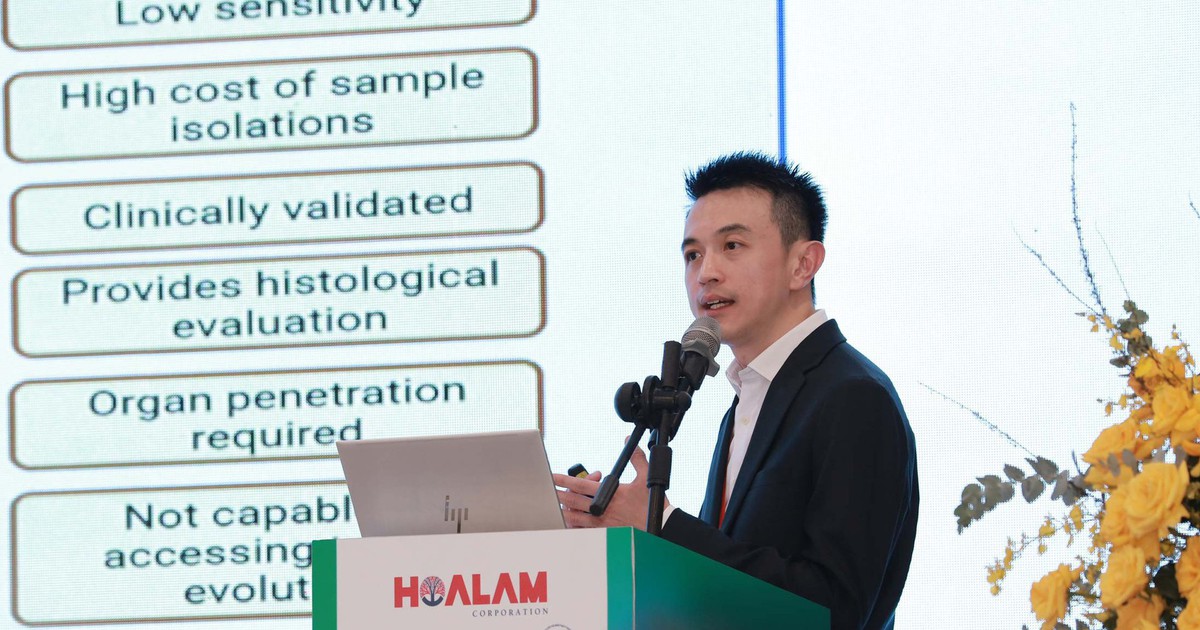


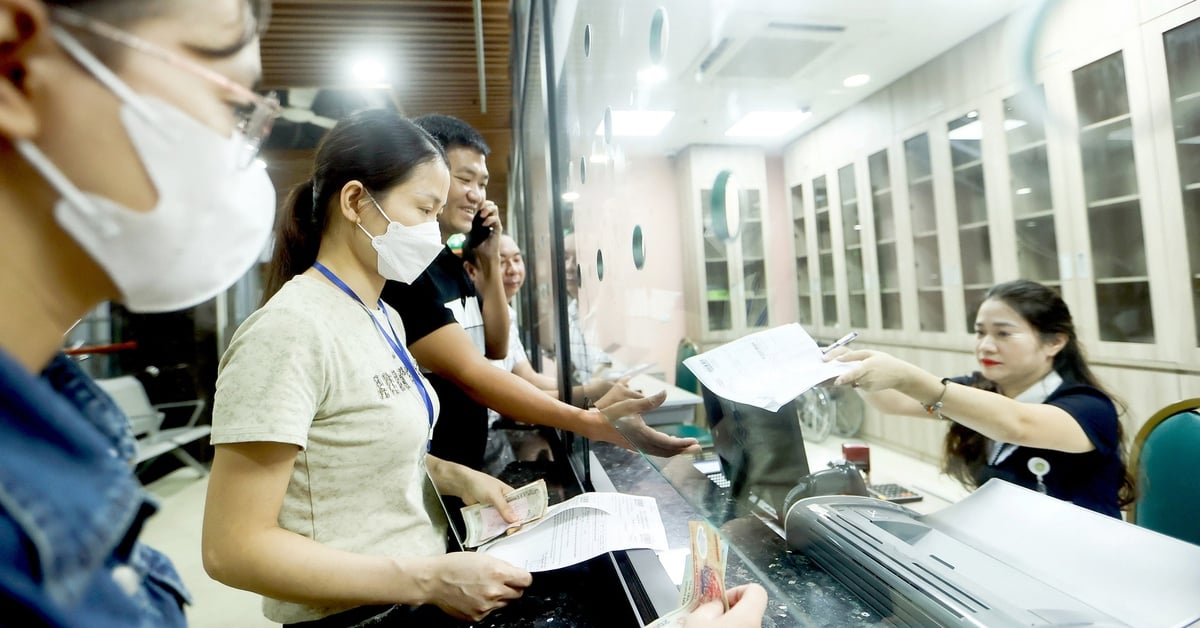





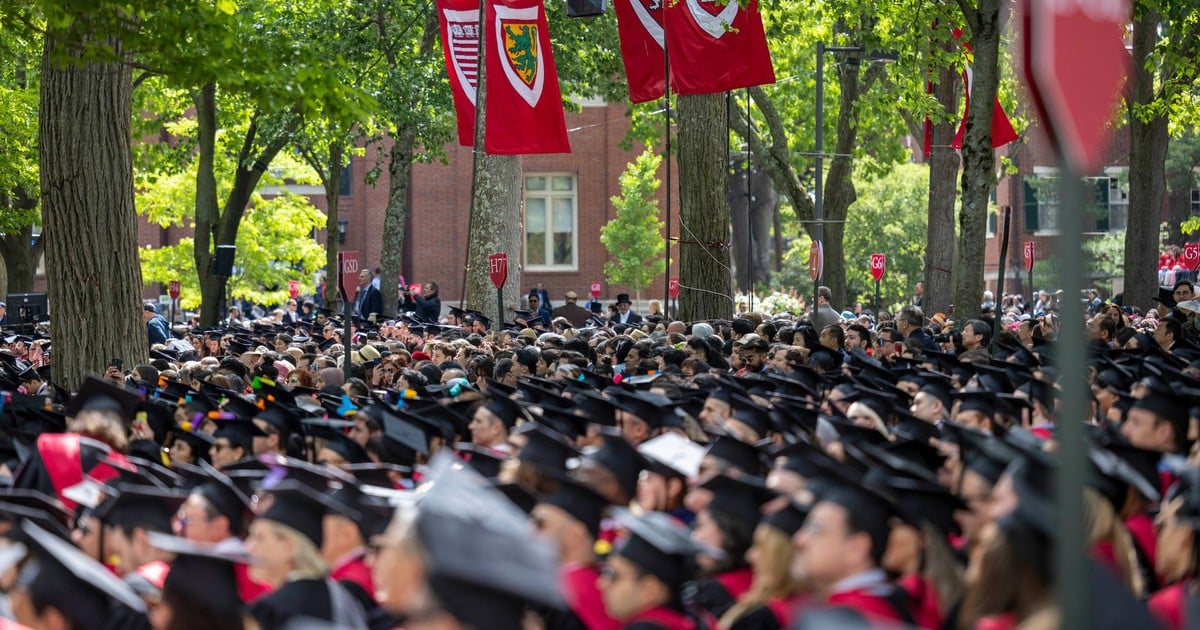

































































Comment (0)